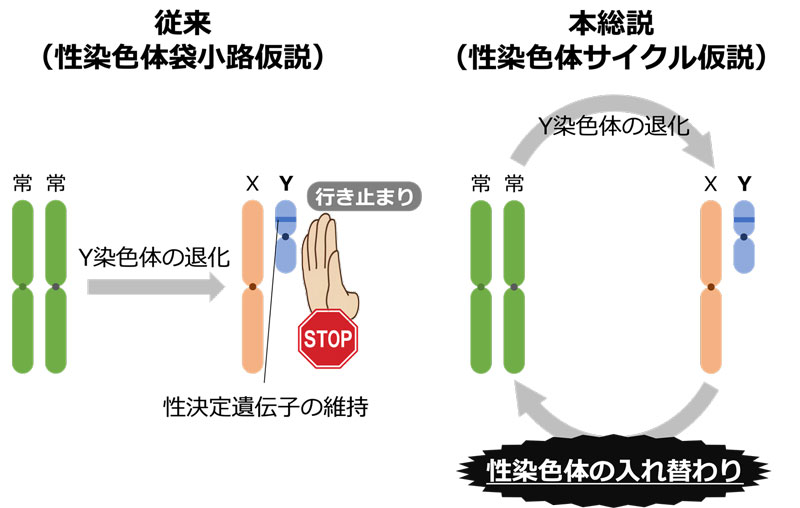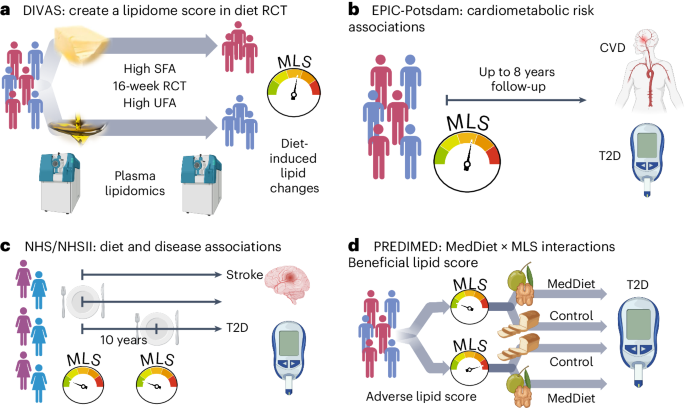2024-07-11 インペリアル・カレッジ・ロンドン(ICL)
<関連情報>
- https://www.imperial.ac.uk/news/254738/being-night-associated-with-mental-sharpness/
- https://bmjpublichealth.bmj.com/content/2/1/e001000
睡眠時間、クロノタイプ、健康およびライフスタイル因子は認知に影響する:UKバイオバンク横断研究 Sleep duration, chronotype, health and lifestyle factors affect cognition: a UK Biobank cross-sectional study
Raha West,Ryan Tak Chun Wong,Ji-Eun Park,Si Woo Lee,Dinayinie Ekanayake Mudiyanselage,Zhigang Liu,Daqing Ma
BMJ Public Health Published:10 July 2024
DOI:https://doi.org/10.1136/bmjph-2024-001000

Abstract
Objective To explore the nuanced relationship between sleep patterns, chronotype, quality and the influence of health and lifestyle factors on cognitive performance.
Design, setting, participants This cross-sectional analysis used ordinary least squares regression within the UK Biobank database, assessing 26 820 participants aged 53–86 years, categorised into two cohorts: Cohort 1 (10 067 participants, 56% female; completed all four cognitive tests of Fluid Intelligence/reasoning, Pairs Matching, Reaction Time and Prospective Memory) and Cohort 2 (16 753 participants, 56% female; completed only two cognitive assessments of Pairs Matching and Reaction Time).
Exposures Participant’s self-reported sleep duration, chronotype and quality. Cognitive function was assessed through standardised computerised tests. The analysis was adjusted for demographic and comorbidity covariates.
Main outcomes and measures Cognitive performance scores were evaluated against sleep parameters and health and lifestyle factors including sex, age, vascular and cardiac conditions, diabetes, alcohol intake, smoking habits and body mass index.
Results The regression highlighted a positive association between normal sleep duration (7–9 hours) and cognitive scores in Cohort 1 (β=0.0567, 95% CI 0.0284 to 0.0851), while extended sleep duration negatively impacted scores across both cohorts (Cohort 1: β=-0.188, 95% CI -0.2938 to -0.0822; Cohort 2: β=-0.2619, 95% CI -0.3755 to -0.1482). Chronotype distinctions, particularly intermediate and evening types, were linked to superior cognitive function. Gender, age, angina, high blood pressure, diabetes, alcohol intake and smoking emerged as significant cognitive influencers.
Conclusions and relevance The study delineates a multifaceted and nuanced relationship between sleep variables, health and lifestyle factors in determining cognitive outcomes. These findings highlight the vital role of sleep quality on cognitive health.


